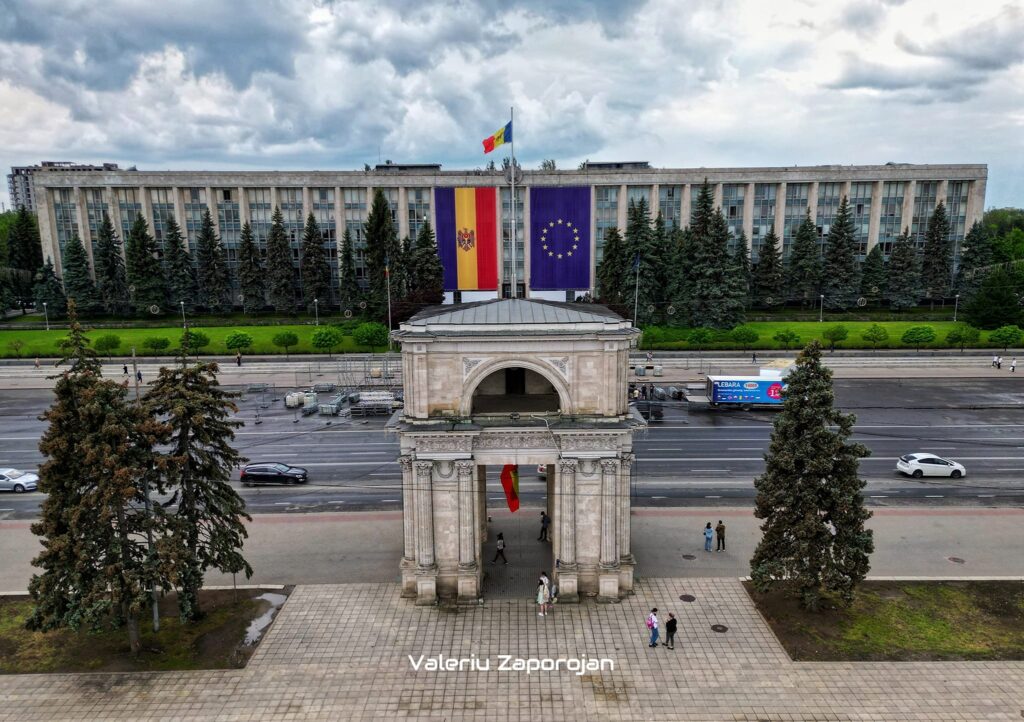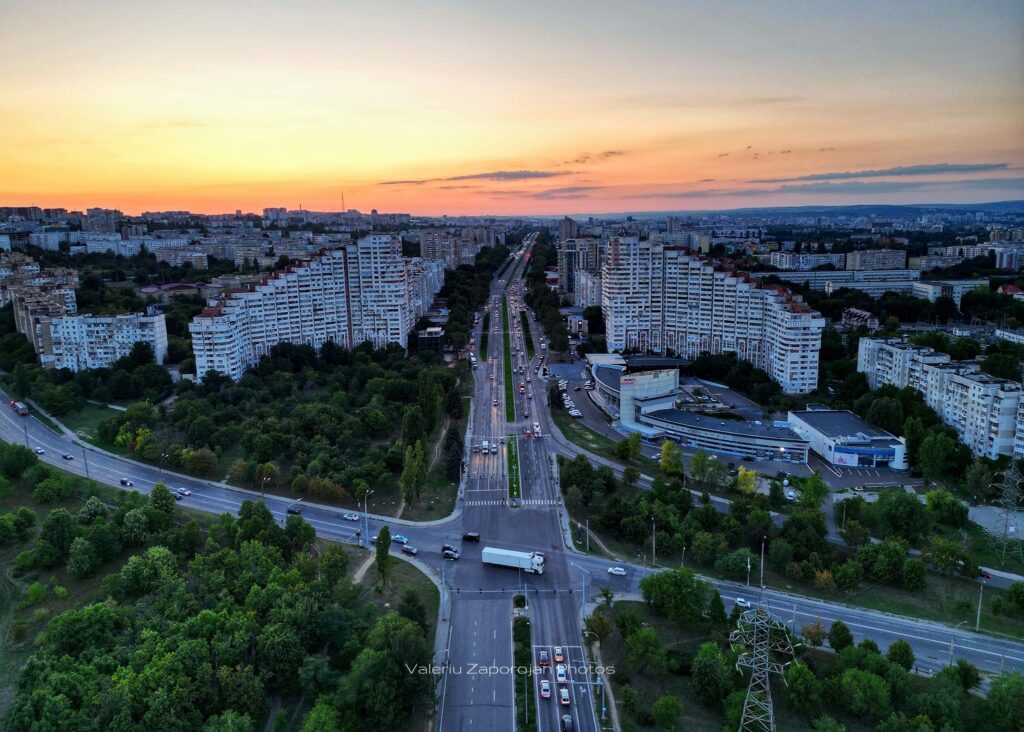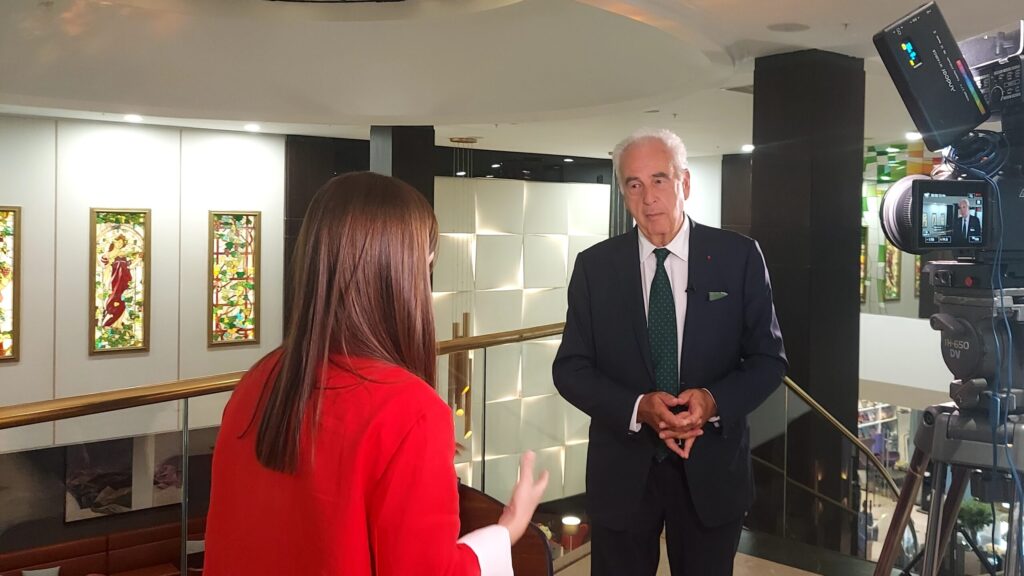In September 2023, members of the Commission on Drug Policy of Eastern and Central Europe and Central Asia (ECECACD) visited Moldova for the first time. The visit of such high-level experts is a crucial point for the country, where the issue of decriminalization of the use of psychoactive substances has been open for many years. According to the experts, it is high time to humanize the domestic drug policy. Moreover, in the summer of 2022 Moldova received the status of a candidate for accession to the European Union.
For the first time, a possible “legalization” was openly discussed in Moldova back in 2018. At that time, a number of Moldovan NGOs sent an official letter to the then Prime Minister with a request to decriminalize drug use in the country. After all, the official and unofficial number of drug users has not decreased significantly despite various prevention, treatment and harm reduction programs that started in Moldova in 1997.
“Not much has changed since then,” says Michel Kazatchkine, a senior fellow at the Graduate Institute of International and Development Studies, Switzerland; a member of the Global Commission on Drug Policy. Kazatchkine was one of the first international experts to raise the issue of decriminalizing drug use in Moldova at the official level in 2017. According to Kazatchkine, the state has neither an effective national drug policy program nor funding. Without money and a clear plan, it is almost impossible to carry out legislative reform.
In fact, the National Antidrog Strategy for 2020-2027 still exists. The multi-page document describes in detail how to combat drug use and trafficking, mainly through the police. But it doesn’t mention the possible decriminalization of drug use or the fact that addiction should be viewed primarily as a disease rather than a crime.
During his visit to Moldova in September, Kazatchkine and his colleagues organized a meeting with civil society representatives. It was preceded by meetings with the government and parliament. Two issues were the most acute: the rejection of narcological registration of those who use drugs and the decriminalization of the process of drug use.
Registration of drug users is a relic of the past
According to experts, there are more than 27,500 drug users in Moldova today. At the same time, official statistics indicate about 11,000 – 12,000 consumers who are registered at the Narcological Dispensary. There are several ways to get on the lists: voluntarily when applying for treatment, during a medical examination, and also forcibly when a person is arrested by the police. Such registration severely restricts a person’s rights. It prevents them from obtaining a driver’s license, and they may be denied employment. Moreover, the reluctance to appear on the lists of those officially diagnosed with drug addiction makes people resort to clandestine medical services.
According to Natalia Nikitenko, a former member of the Kyrgyz parliament and a member of the Commission on Drug Policy in Eastern and Central Europe and Central Asia, the two countries have much in common. Both are post-Soviet republics that have been in a protracted political and economic crisis for many years. Both use repressive methods against drug users. “If a person who takes drugs and needs treatment wants to receive it from the state, he is immediately and automatically entered into the drug registry, and what happens is that his rights are restricted. In other words, they are placed under a kind of surveillance that does not allow them to live a normal human life,” says Natalia. At the same time, according to the expert, such an approach does not solve the problem, but only exacerbates it.
Decriminalization is another step towards the EU
Pavel Böhm, ex-mayor of Prague; former head of the drug policy department of the Czech Republic and one of the members of the commission, cites Portugal as a successful example, where in 2001 the punishment for the use of all drugs, including heroin, was abolished. The new strategy suggests that drug users should be helped, not locked up. The humanization of laws has led to a radical reduction in overdose deaths and HIV infections. A pleasant bonus of this process was the decrease in the level of crime in general, as well as an increase in the efficiency of the police and customs services.
“I believe, and there is a lot of scientific evidence, that decriminalization is not only one of the conditions for respecting human rights. It is also one of the most effective ways to distribute public funds,” Böhm emphasizes, adding. “There is no time to wait, because it is possible from the point of view of the law, it does not contradict generally accepted norms, it is cost-effective and this is one of the conditions that you will be asked about when you join the European Union.”
According to the European Union Drug Strategy 2021-2025, All EU member states should “support and protect drug users” by phasing out punitive measures such as imprisonment. Since last summer, the Moldovan government has been trying by all possible means to show its full readiness to become a member of the European family, promising to fulfill almost any condition in order to obtain the coveted status. However, no one knows how long this journey will take. Only one thing is clear – it won’t be done by wish alone. Nor will it be possible without a major reform of drug policy.
“Moldovan society must understand that human rights, democracy, as well as the standard of living, the level of economic development depend on the effective cooperation of all members of society, from the government to the communities. Now more than ever, unity is needed, regardless of political views,” concludes Vytenis Andriukaitis, WHO Special Representative for the European Region, Head of the ECECACD Delegation.
In the near future, the Secretariat of the Commission on Drug Policy in Eastern and Central Europe and Central Asia will issue a document with recommendations to the government and parliament of Moldova. De facto, they are not binding, but their implementation may be one of the hundreds of points without which accession to the EU will be impossible.
Text: Elena Derjanschi
Photo: www.ececacd.org, Valeriu Zaporojan







